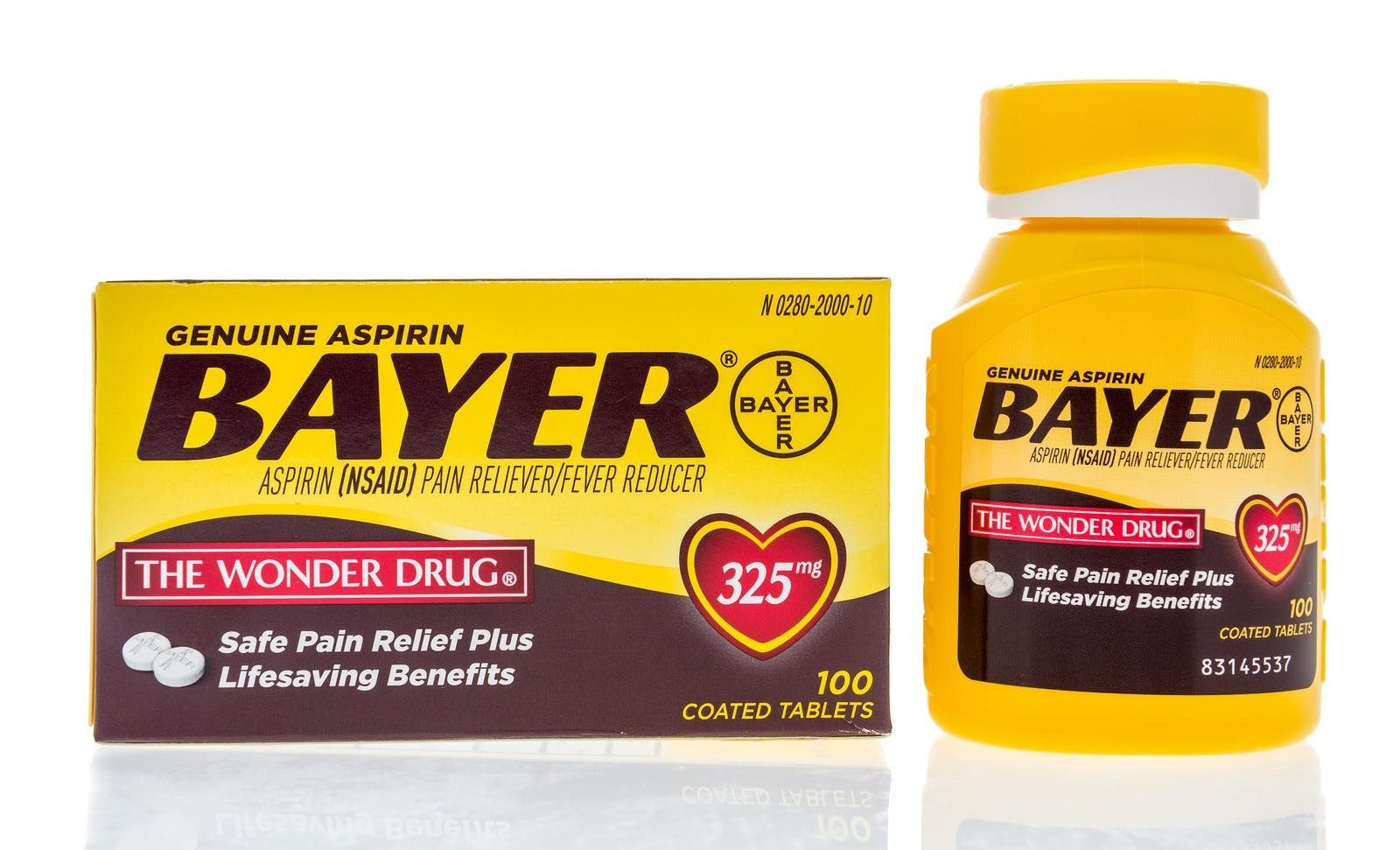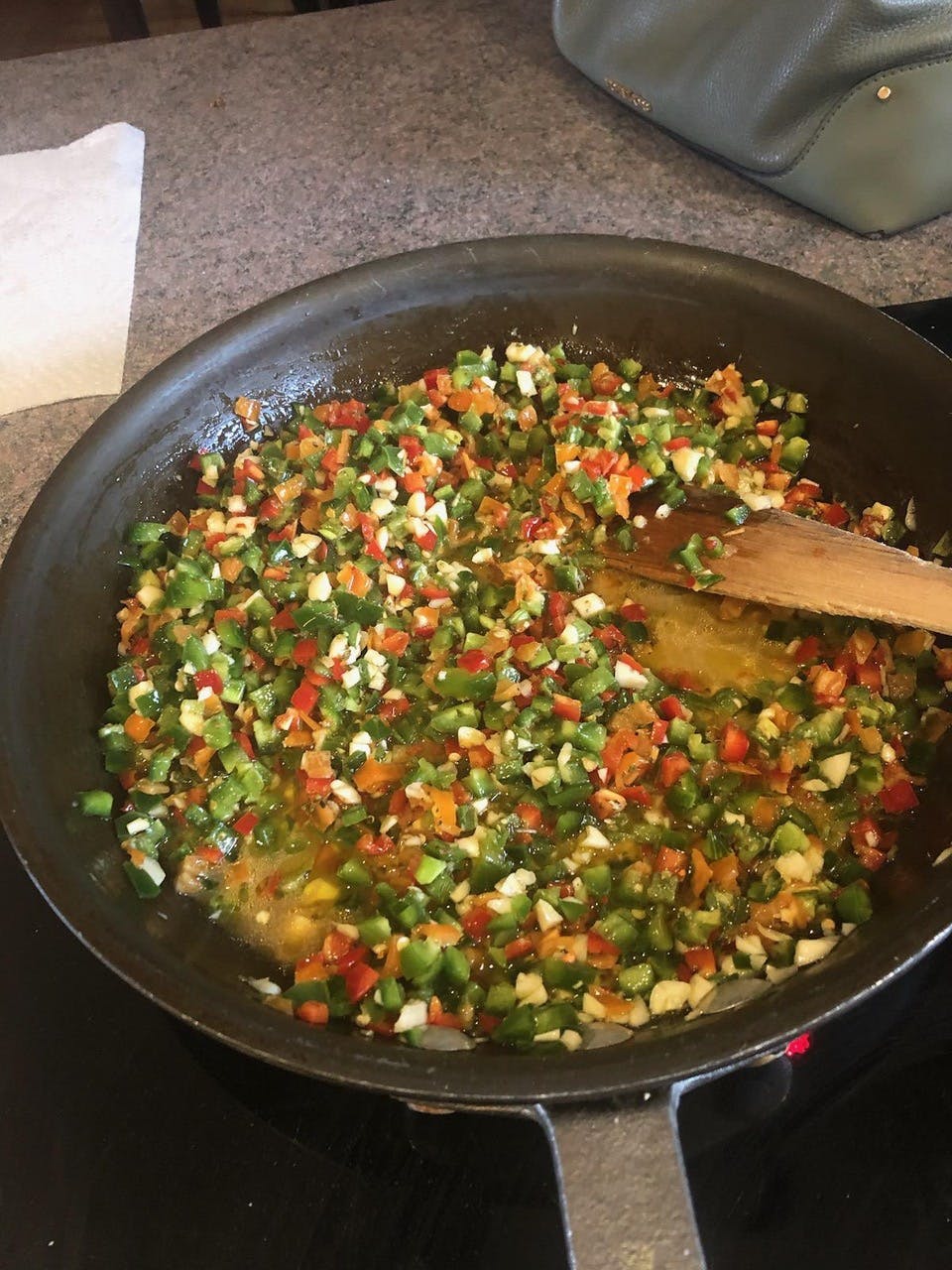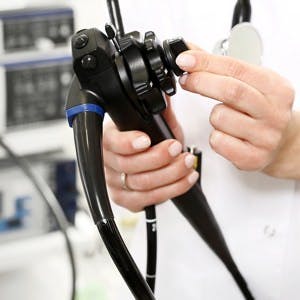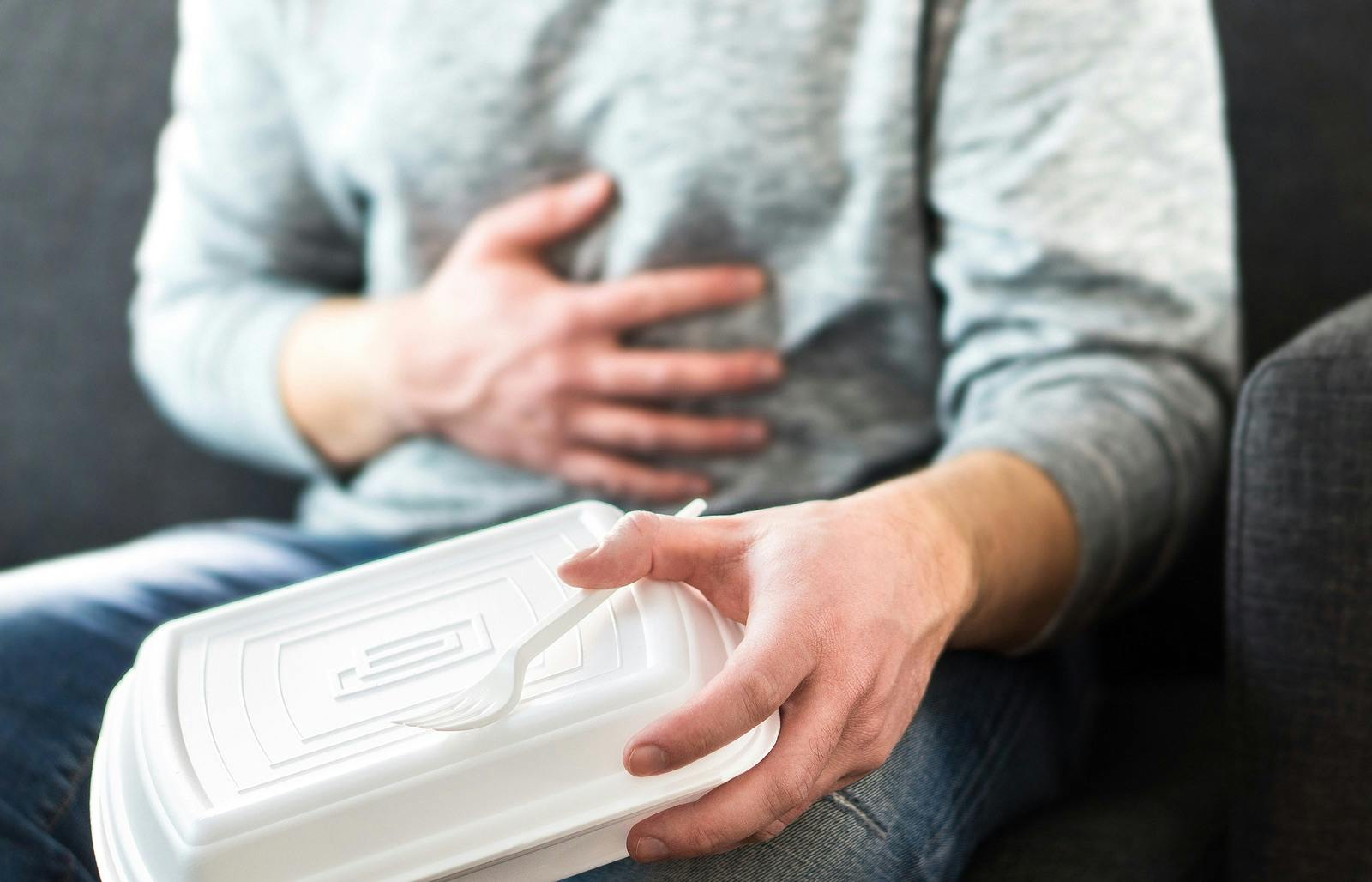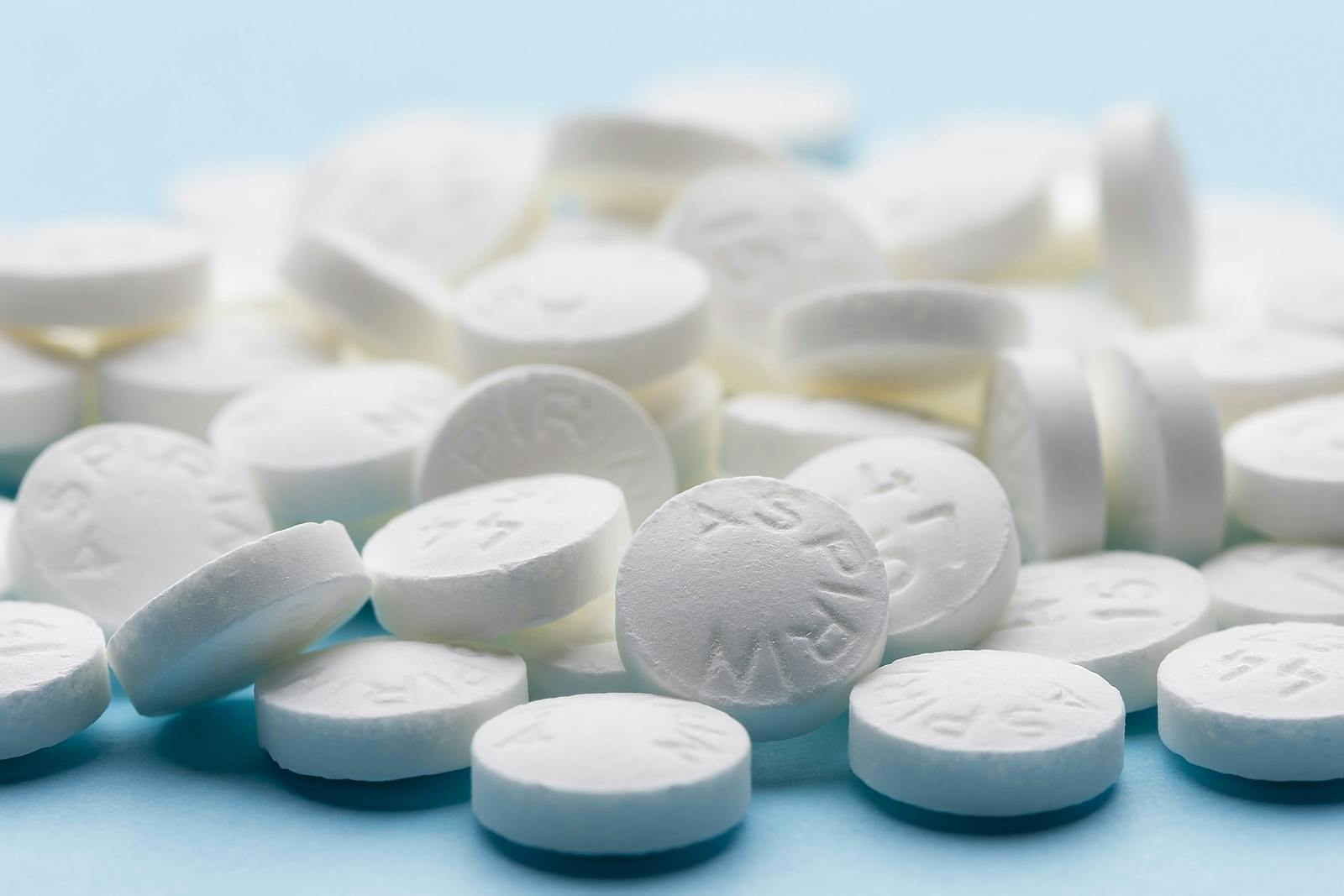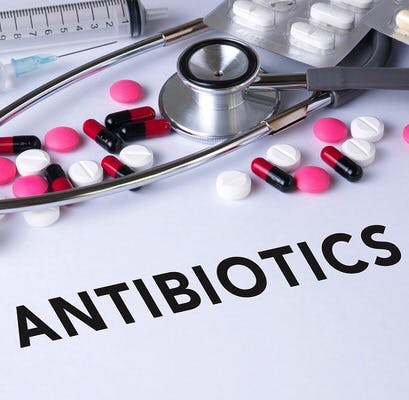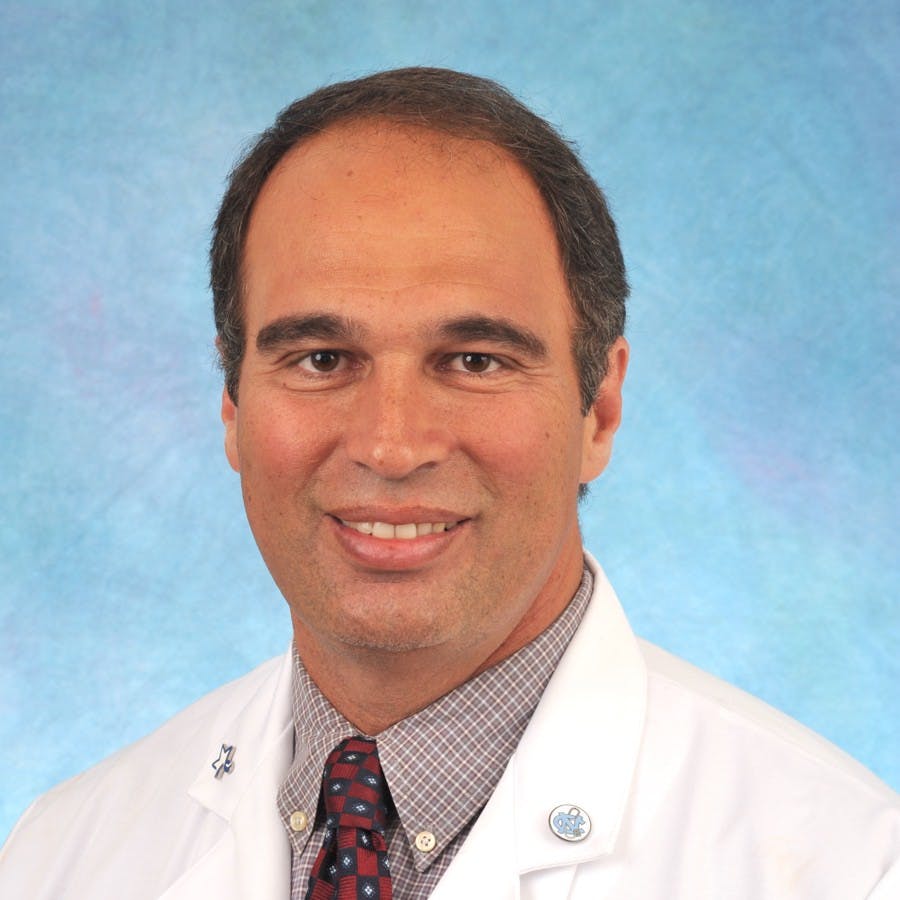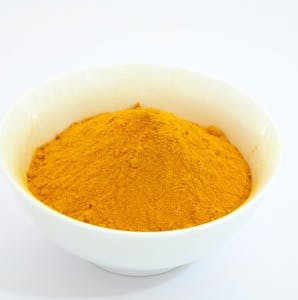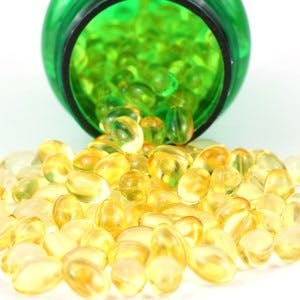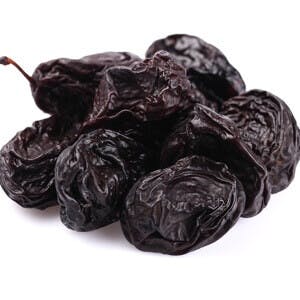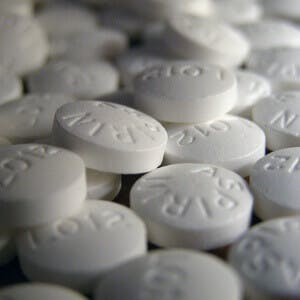Articles categorized as Colorectal Cancer
Show 1420: The Cooking Oil Controversy Spotlights Cancer (Archive)
This conversation is about the cooking oil controversy. Could common seed oils be contributing to our risk for cancer?
Heart Attacks = Cardiac Rehab! Why Doesn’t Cancer = Cancer Rehab?A
If cardiologists almost always prescribe cardiac rehab, why don't oncologists prescribe cancer rehab? The benefits are equally impressive!
Does Regular Vigorous Exercise Cut the Chance of Cancer Spread?
Vigorous exercise increases tissue glucose usage, making it harder for tumors to spread. New research proves exercise works against cancer!
Eating Ultra-Processed Food Is Bad for Your Brain & Shortens Your Life!
People who eat more ultra-processed foods are at a greater risk for developing cognitive decline and strokes than those eating fresh foods.
Does Vitamin D Help Prevent Colorectal Cancer?
Data from two different studies show that vitamin D may help prevent colorectal cancer, especially among younger individuals.
Why You Should Exercise and Eat Right, Now
When colon cancer patients exercise and eat right, they are less likely to have the cancer return and more likely to survive.
Breakthrough Discovery: How Aspirin Keeps Cancer from Spreading
Aspirin costs pennies a day. New breakthrough research explains how aspirin keeps cancer from spreading. Will medicine pay attention?
What’s in Your Frying Pan? Omega-6 or Omega-3 Oils?
Seed oils from corn or soybeans have been linked to higher risk for cancer. Omega-3 oils from avocado, fish or olives seem safer.
What Is the Best Diet for Cancer Survivors?
Studies show that a plant-based diet may help cancer survivors live longer. Whole foods are preferred to ultraprocessed foods.
Are Younger People Now at Risk for Colon Cancer?
People born since 1990 are more likely to develop colon cancer. Gen X, born between 1965 and 1980, are at risk of many cancers.
Common Pain Relievers (Aspirin and NSAIDs) Vs. Colorectal Cancer
How good is the evidence that aspirin or NSAIDs can reduce the risk of colorectal cancer? You might be surprised at the latest research!
How Do You Weigh the Benefits and Risks of Aspirin?
Before starting a daily regimen, carefully consider the benefits and risks of aspirin. Will you be helped or harmed by this amazing drug?
Do People Who Skip Meat Have a Lower Chance of Cancer?
People who skip meat in favor of fish, dairy or vegetable protein seem less likely to develop cancer of the breast, prostate or colon.
Are Colonoscopies A Waste of Time and $$$?
How good are colonoscopies at preventing colon cancer? More important, how well does this screening procedure prevent colon cancer deaths?
Do Bacon and Ham Raise Risk for Colon Cancer?
French health authorities have linked the consumption of processed meat like ham, salami, and bacon to an increased risk for colon cancer.
Are Antibiotics and Colon Cancer Linked?
Antibiotics save lives! But data are showing a link between antibiotics and colon cancer. Could an increase in this malignancy be related?
Show 1179: What Should You Do About Digestive Distress? (Archive)
Listen to find out when your digestive distress might signal a serious problem and when you could manage it at home with simple remedies.
Can Blood Pressure Pills Cut Risk of Colon Cancer?
In Hong Kong, people taking ACE inhibitors or ARBs seem to have a lower risk of colon cancer. Are the drugs responsible?
Reducing Cancer Risk With Vitamin D and Magnesium
A new study finds that the combination of adequate vitamin D and magnesium helps patients with colorectal cancer avoid an early death.
Should You Eat Yogurt for a Healthy Colon?
According to a new study, men who eat yogurt twice a week or more have a lower risk of colon polyps and possibly colorectal cancer.
Show 1144: New Ways to Heal Your Digestive Tract
We talk with two eminent experts about how to heal your digestive tract. Dr. Shaheen treats Barrett's esophagus. Dr. Bretthauer treats C diff.
Do You Need to Take Calcium Supplements?
Older people who take calcium supplements may be getting more calcium than they need.
Should You Worry About Calcium Side Effects Like Colon Polyps?
Do you take calcium to keep your bones strong? How good is the evidence that it works? Do you know about calcium side effects such as colon polyps? New data are worrisome.
Nuts Reduce Chance of Colon Cancer Recurrence
People who frequently eat nuts reduce their risk of a recurrence of colon cancer. Nut consumption has other health benefits as well, especially for cardiovascular health.
Can What You Eat Change Your Risk of Cancer?
An anti-inflammatory diet rich in vegetables and fruits, even spices, can help reduce the risk of cancer of the colon. Soda pop and refined grains are pro-inflammatory.
Colorectal Cancer Is Killing More Young Adults
A review of data since 1970 shows that colorectal cancer is killing more white Americans between age 20 and 55.
Can Curcumin in Turmeric Fight Pancreatic Cancer?
Curcumin is the active ingredient in turmeric. It has shown intriguing activity against breast, prostate & colorectal cancer. What about pancreatic cancer?
Nordic Diet vs. Dementia
Of course you have heard of the Mediterranean diet. We'll bet you haven't heard of the Nordic diet. It appears to be good for the brain and anticancer too.
Staying Active Can Help Prevent Chronic Health Problems
People who engage regularly in moderate to vigorous physical activity are less prone to chronic health problems such as heart disease or diabetes.
Vitamin D and Calcium Supplements Failed in Cancer Prevention
A placebo-controlled study found that vitamin D and calcium supplements did not prevent recurrence of adenomas, growths that may turn into cancer.
Dried Plums Against Colon Cancer
When dried plums were included in rats' chow, they were less likely to develop precancerous abnormalities of the colon and had better balanced gut flora.
Genes Determine Whether Aspirin or Ibuprofen Can Protect Against Colon Cancer
Before starting a long-term habit of taking aspirin to prevent colon cancer, patients should request genetic testing to see if this will help or hurt.
Vitamin D Aids Cancer Survival
People with higher blood levels of vitamin D when they were diagnosed with cancer survived months longer.

